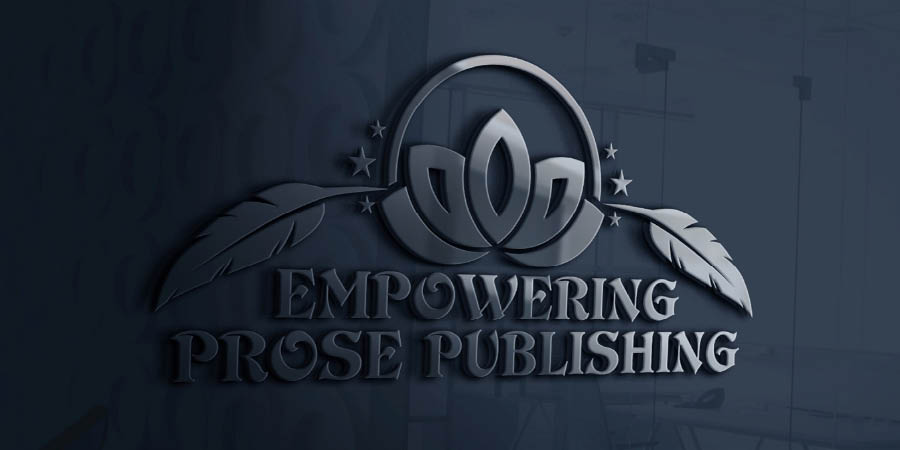
Her most recent book, An American Queer, a collection of “The Amazon Trail” columns, was presented with the 2015 Golden Crown Literary Society Award in Anthology/Collection Creative Non-Fiction. This, and her award-winning fiction, including The Raid, The Swashbuckler, and Beggar of Love, can be found at:
www.boldstrokesbooks.com/Author-Lee-Lynch.html
Damned If I Know
Damned if I know whether or not all the rabble-rousing of the last sixty years has done us a lick of good. I thought the issue of our rights was pretty much settled, but on October eighth, 2019, Stanford Law School professor Pamela Karlan argued before the U.S. Supreme Court that gay employees are already protected from job discrimination under Title VII of the Civil Rights of 1964 federal civil rights law.
Some of the Justices seemed to believe that the inclusion of sexual orientation in Title VII would have appeared preposterous to the court in 1964. Yet, Ms. Karlan argued, the Supreme Court has applied twenty-first century standards to a number of prior decisions. Discrimination against a person because of gender, she stated, already covers discrimination against sexual orientation.
A woman who dates another woman and is fired for it is the object of discrimination by the simple fact of her gender. A man will not be fired for dating a woman. The argument is plainspoken and ironclad. Some of the judges needed it repeated many times in many ways.
I’d been out four years by the time Title VII went into effect. The practice of favoring men over women was so blatantly wrong in my mind, I couldn’t believe a law was necessary. It certainly had nothing to do, in the late 1960s, with queer people keeping our jobs. You just shut up and stayed in your closet at work.
When I became a vocational counselor a few years later, my focus was on getting people employed, anywhere, anyhow. There was no question of finessing hires. Women became sewing machine operators at the clothing manufacturers of Bridgeport, Connecticut. Men delivered the raw materials, carted away the completed garments, and, for maybe ten cents an hour more, maintained the sewing machines. To have questioned the part I played in matching the unemployed to jobs by gender was to let my principles—and the law—come between desperate women, destitute men, and their survival. To invoke, or even be aware of, their newly stated rights, was irrelevant for most minimum wage workers.
Hearing Title VII invoked in defense of gay workers in 2019 was an eye-opener. Ms. Karlan offered the Supremes, and Congress, an out. New, excruciatingly drawn-out legislation is not needed. If a man is fired because he loves another man, and a woman is not fired because she loves a man, then the original man was fired because he’s a man. Period.
These arguments come up, not because the fired individual is a bad employee, but because the employer has a prejudice, a historical, religious, or personal belief about gay people. In other words, because the employer has the power. Just like the women ruining their eyes and hands sewing, the men destroying their back and knees carting, the fired gay person is a victim of someone who has more power, in these cases, the employer.
The United States was not created to disenfranchise people, although we do a lousy job of respecting the rights of Native Americans and other people of color. When the worker is powerless, the employer can dictate who feeds their families and who doesn’t. Laws have always been bandied about, reinterpreted, applied rightly or wrongly, bent and ignored, depending on who is in power.
And that’s where the activism of the last sixty years does make a lick of sense. We-the-people, must stand against courts which would sustain the imbalance of power and we must stand for the use of law to protect workers from prejudice, to protect veterans who live in the streets with their war nightmares, women battered into submission by employers and partners, queer people whose existence is an offense in the eyes of all-powerful beholders.
I no longer believe we can stop a war, erase bigotry, take power and use it for only good. I no longer suit up with a wet bandana headband for tear gas, carry a rolled-up newspaper for protection, stay ever on the lookout for escape routes should the march, the rally, the sit-down, turn dangerous. I know now that the rabble-rousing must go on and on if only to keep the lid on the inhumanity of humanity.
_______________________________________________________


